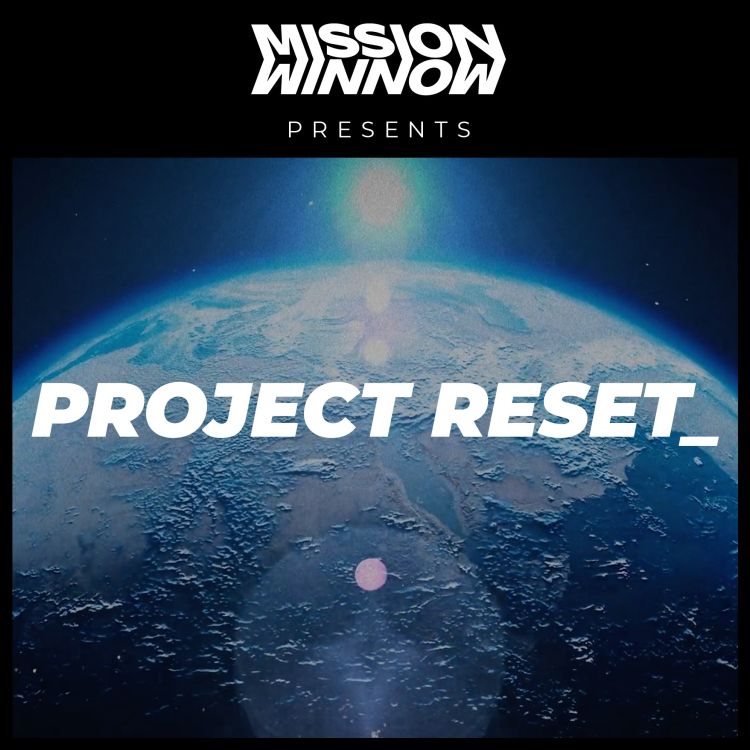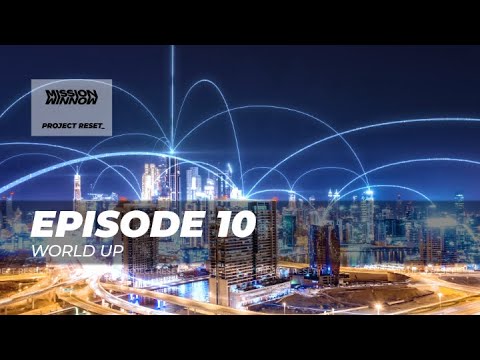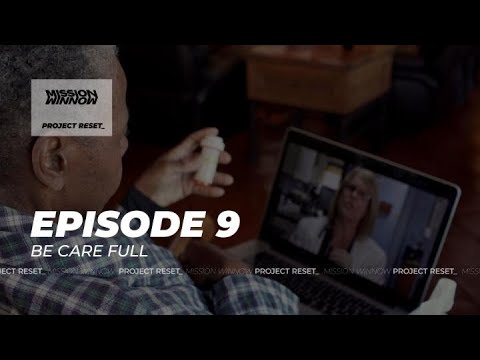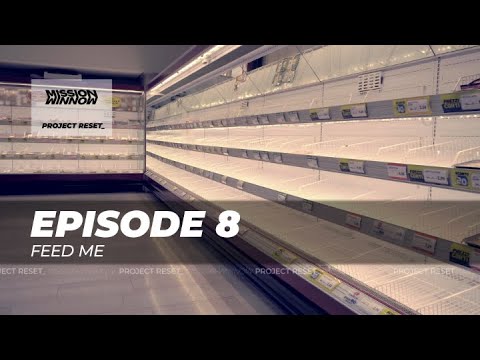The 100 Days that changed the world
3 minute read
In 2020, the world was swept by a global pandemic that changed everything. During this time, we had to quickly and radically adjust our lives, developing a different set of behaviors and learning new coping mechanisms to deal with isolation and remaining social without actually being social.
As restrictions on movement ease and the world slowly begins to go back to normal, Ethologist and Primatologist Dr. Isabel Behncke, Comedian and Author Shappi Khorsandi, and AI Expert Dr. Daniel Hulme join presenter Rick Edwards on the first episode of Project Reset to discuss what we have learned about this experience and what, if anything, will be staying with us for the long run as we shape our future.
One of the central points of the discussion: work from home. The topic has been widely covered by the media as employers gradually look for a return of their workforce and employees demand more flexibility. But, is work from home a good thing? It all depends on the needs of every particular person. Some people need to be constantly surrounded by people, interacting, seeing new faces, and others relish the quiet and freedom of being in their own spaces.
With this in mind, both Dr. Behncke and Dr. Hulme predict that the future will take a hybrid approach, catering for the needs of all and possibly combining working from home with face-to-face instances. This is something we’re starting to see today. Especially considering that as human beings, we all need interaction to grow and to learn.
Another human need is space. While many enjoyed the first few days of being constantly around family, life is a combination of bubbles, as it were, and they all play a part in supporting us as individuals through split interactions. Reducing the number of bubbles, while beneficial for our safety in some aspects, proved detrimental in others. It’s highly stressful, and we’re not meant to live in that way.
In fact, reports show that people in isolation experienced increased levels of anxiety and depression during the pandemic. And even before the pandemic the widespread experience of loneliness became a public health concern which, coupled with uncertainty and loss of jobs, it was the perfect catalyst to make us realize that our sense of identity, of purpose, is deeply tied to our activities, especially our jobs.
For humans, our sense of worth is tied to a role and work gives that to us. But faced with this uncertainty there has been a shift in how we view this. According to Dr. Behncke, meaning also comes from community and creativity, which is exactly what the younger generations are coming to realize. For them, work is slowly starting to stop being the be-all and end-all.
In this sense, hobbies play an important role. With more free time, people have picked up new hobbies, new activities and the trend is that some of these will carry into the future as people strive to combine work and play. They also have picked up new habits, especially when it comes to socializing, using their tools at their disposal to communicate with others with whom they might not necessarily have before.
Will we continue to do so? Our own collective experiences so far suggest so, but in this rapidly changing world nothing is for certain. The only thing we can count on, is that we’re now entering an era in which we’re starting to evaluate the status quo and prioritizing things differently than ever before.




